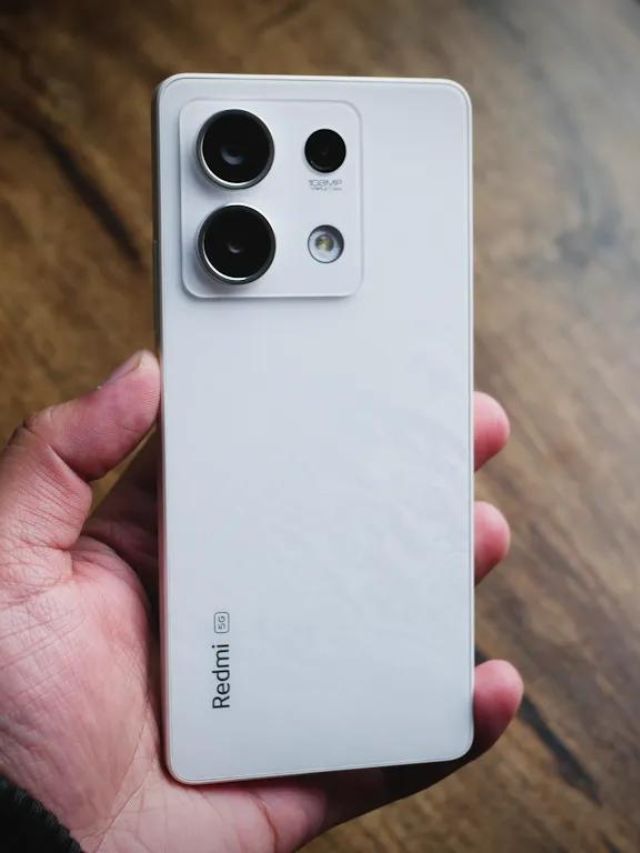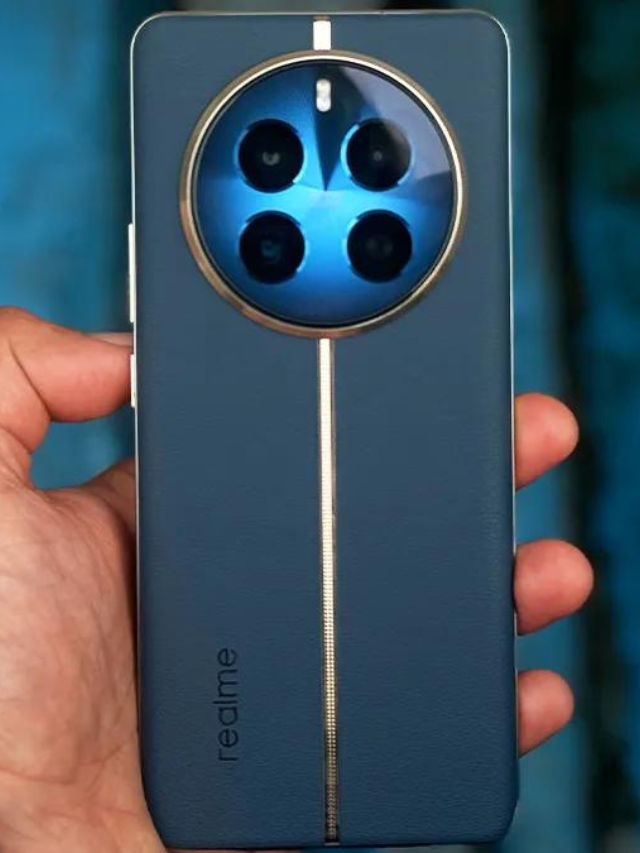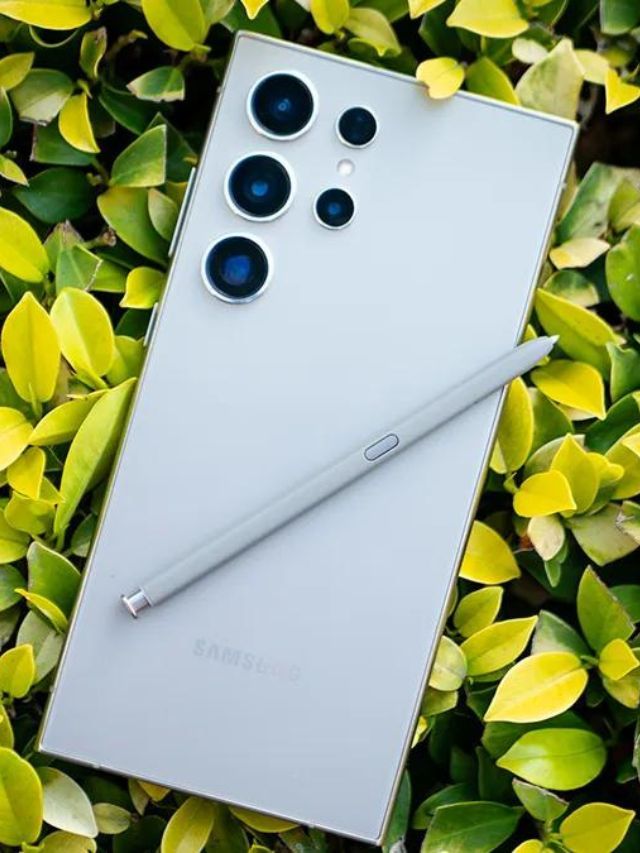
Earlier this week, newly appointed Twitter chief, Elon Musk, made a declaration that has stood out even amid the somewhat chaotic transformation phase that the popular platform is going through. Among other changes, Musk, who has been known for his somewhat whimsical outtakes and business decisions, proposed the establishment of a monthly subscription fee of $8 (around Rs 660) to be charged to accounts that wish to be verified on the platform. The move, completely unprecedented in the technology world, has sent experts — both for and against the matter — into a frenzy of discussions on how such a move may play out for the platform. If instated, the move to make Twitter Verified a chargeable product may turn out to be a contentious one, but come with major pros and cons as well. We try to understand how, and why.
What scope does the Twitter verification fee represent?
In a tweet, Musk said that users would get ‘priority’ service on the platform in exchange of the $8 fee. This fee would be further adjusted based on markets, and according to Statista’s data from January this year, India represents the second biggest market for Twitter. Going by trends in the technology space, this means that in India, Twitter Verified may charge even lesser than Rs 660 per month to verify a user.
As a result, the move may represent a big opportunity for a brand to receive the blue tick badge on the platform. Twitter’s move to open up account verification for public users, by allowing them to apply, was itself a trendsetting and important one. Given that the platform is frequented by personalities in news and politics, the implications of a verified account are even bigger.
However, Twitter has since been criticised for a policy that has a number of loopholes. For instance, a journalist who gets verified on the platform for his role as a news reporter continues to remain verified even when they move on to a completely disjointed corporate designation. Such a policy has been criticised for leaving room for ambiguity.
A Big issue of Content Moderation to Deal with
Charging users a fee, instead of leaving the decision to verify an account entirely in the hands of Twitter’s policy team, opens up an entirely different barrel of issues. While it may reduce the number of verified accounts with the coveted blue tick on the platform, it may also increase the number of accounts that are willing to pay to get themselves noticed.
If they do pay, then Twitter will have its work cut out in terms of content moderation and filtering — especially in the fields of hate speech, misinformation, propaganda and terrorism. Posts linked to the latter have often seen widespread political debate and divide, with Republicans in the US notably protesting content moderation decisions by Twitter that they deemed to be pro-Democrats.
Under such circumstances, it remains to be seen whether simply paying a fee of Rs 660 would give users the onus to voice their opinions. Having a robust set of filters to understand and restrict content that may sway public opinion on sensitive matters could be a big task for Twitter to undertake.
As a Private Company, Twitter is well-poised to experiment
Last week, when the Twitter takeover was completed, Elon Musk became what can be deemed the ‘owner’ of the platform. The New York Stock Exchange, on which Twitter was publicly traded, said on October 27 that the company’s ticker was being removed from the exchange. This makes Twitter a private company now — which in turn means that it no longer has public money in its investor pool.
The big thing to note here is that, as a private company, Twitter’s business actions — both the good and the bad — will affect its owners alone. This means that only Musk, along with his fellow holding company members, will be solely responsible for both reaping profits and taking hits due to losses made from the platform.
In such a structure, a company always has more flexibility to experiment with its businesses since it is no longer defined by the regulatory rules of the Securities and Exchange Commission (SEC) of the United States.
This is important here since the move to charge money to verify users could be a big one to handle in terms of the policy. Users and experts alike have already asked questions regarding how Twitter would handle a situation where an abusive account may pay to verify itself — thereby increasing the reach of its content on the platform.
Such policies will likely be framed in the coming weeks, including how Twitter would react on accounts that are presently banned on it.
Musk has been known for attempting drastic moves
But, if there’s one person who can potentially pull off an unprecedented move and set an industry trend that other companies end up following, it is Musk. The executive, who is also the CEO of Tesla and SpaceX, has been known for attempting drastic moves — including the one in August 2018 where he seemingly contemplated making a move to take Tesla private.
Tesla, to be sure, is one of the most valuable automobile companies in the world — has emerged as a bigger revenue spinner than legacy automobile companies such as the Mercedes-Benz Group, and the Volkswagen Group — both of Germany. Taking such a company private would have essentially been a market-moving act — one that Musk later back-tracked on.
The executive’s takeover of Twitter itself was a drastic move deemed a hostile takeover by Musk, seemingly forcing the erstwhile Twitter hierarchy’s hand into accepting the deal.
But, for the good or the bad, if there is one executive who will be more likely to attempt a drastic move such as giving accounts on a social media platform a megaphone just with money, it is Musk.
A move that helps small businesses on Twitter?
What this can do is help corporate ventures without a strong legacy to get themselves verified. Additionally, it may help a company to pay a fairly nominal fee (at least for businesses) to verify their customer service account — a move that could be very important given the number of scams that happen simply through spam and unverified Twitter accounts.
However, it is not clear at the moment if Twitter will have a second layer of authentication for companies who wish to be verified. Such a layer could help the platform understand if a company really is of public significance — or at least if they have any public or corporate grievances, lawsuits or other issues linked to them.
On the one hand, policy experts have often voiced opinions against this, stating that by deciding whether an account is of public significance, a social media intermediary assumes the role of a news media venture with editorial insight into what is worthy of being of public importance.
Given that Musk has vocally declared himself to be a ‘free speech absolutist’, this issue in general, is one that could be hugely contentious for the company now.
But what about Twitter’s integrity?
Eventually, the move to charge a Rs 660 fee to verify users on the platform could make or break Twitter’s platform integrity. A lot will depend on how the new Twitter frames its policies to handle account verification requests, and still, more will depend on finding the right balance between free speech and controlling extremist voices.
In one move, a paid verification process can give voice to extreme opinions, so Twitter will have its work cut out to ensure that, in Musk’s own words of Twitter as a “modern day town square”, while all voices including those in disagreement are heard, whispers do not end up sparking propaganda the way former US president Donald Trump’s posts led to the storming of the US Capitol.











